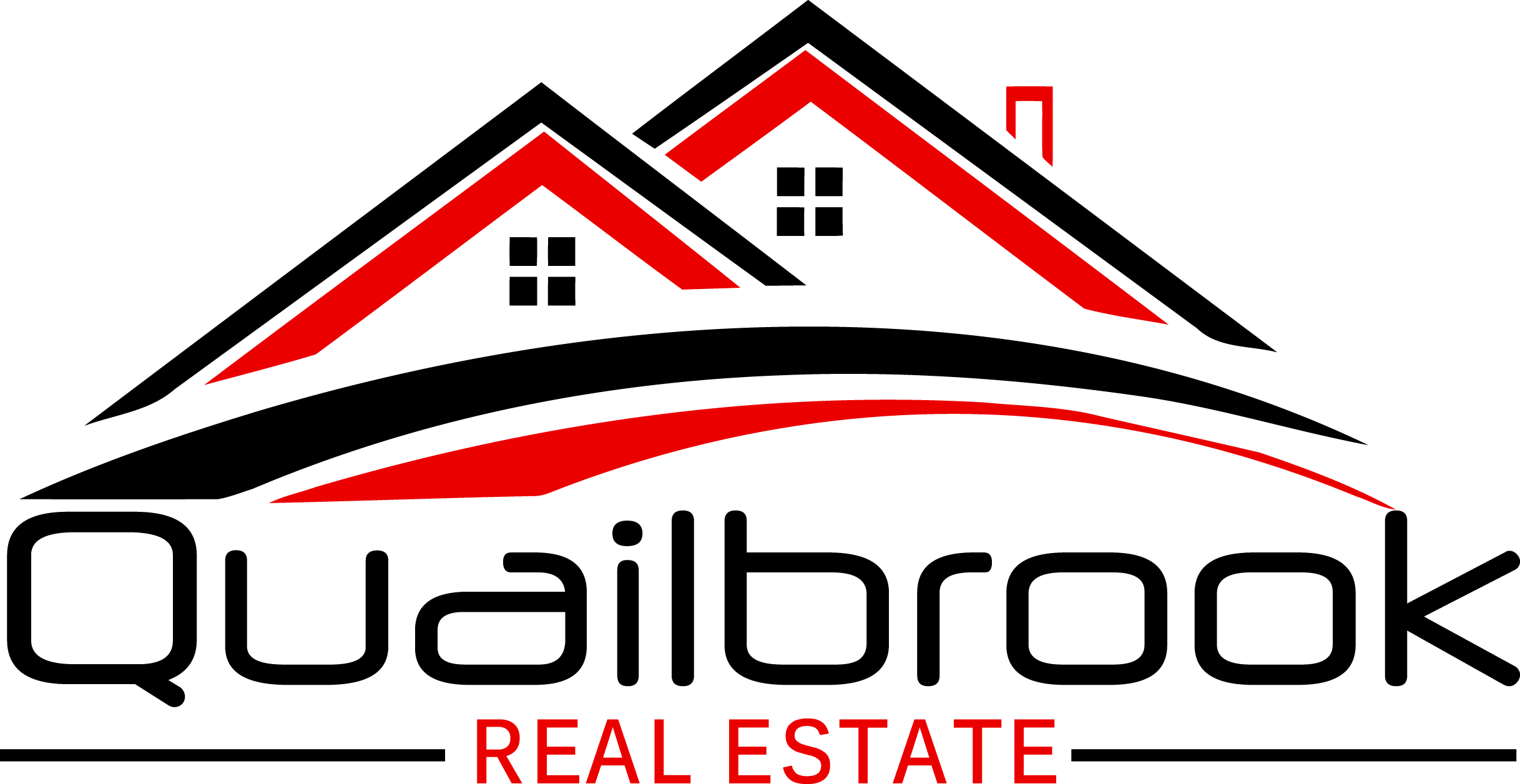Can you Trust Zillow’s Home Price Zestimate®?
If you are searching for a home, you likely have used the popular website Zillow. One of the most popular features of the website is its Zestimate® home value calculator. But how accurate is it? It seems my own house has gone up in value another $1,000+ dollars in the past 30 days. And it’s going to rise another 2.6% in the next year, according to their Zestimate®.
Problem is, that is purely speculation. When it comes to Zillow’s Zestimate®, you have can not rely on the numbers to be 100% accurate. I should say that you can not rely on the numbers being 92% accurate. Or even 60% accurate! Read on to understand what I am talking about.
“Shoppers, sellers and buyers routinely quote Zestimate® to realty agents – and to one another – as gauges of market value,” said the Los Angeles Times. “If a house for sale has a Zestimate® of $350,000, a buyer might challenge the sellers’ list price of $425,000. Or a seller might demand to know from potential listing brokers why they say a property should sell for just $595,000 when Zillow has it at $685,000.
Is a faulty Zillow Zestimate® irritating, dangerous, somewhere in the middle? It all depends on your personal situation. A real estate investor, a seller in a high-end neighborhood, or a real estate watcher may be able to brush off a $15,000 error. But for many people across the country, the word of Zillow is thought to be the law of the land. So, yeah, if can be dangerous.
Price errors
Errors in sales prices are one of the issues Investopedia pointed out in its look at Zillow’s Zestimate®.
“Zillow factors the date and price of the last sale into its estimate, and in some areas, these data make up a big part of the figure. If this information is inaccurate, it can throw off the Zestimate,” they said. “And since comparable sales also affect a home’s Zestimate®, a mistake in one home’s sales price record can affect the Zestimate® of other homes in the area. The Zestimate®also takes into account actual property taxes paid, exceptions to tax assessments and other publicly available property tax data. Tax assessor’s property values are very often inaccurate, though. The tax assessor’s database might have a mistake related to a property’s basic information, causing the assessed value to be too high or too low.”
In June, Zillow’s much-maligned (by industry experts, anyway) Zestimate® got an upgrade with a new algorithm. Zillow CEO Spencer Rascoff has famously called his company’s price estimates, “a good starting point” and copped to a median error rate of approximately 8%. With their new algorithm, they say it’s dropped to 6.1%.

In his example, “a Denver home has a fair market value of $300,000. According to Zillow’s Zestimate Accuracy Table, 10% of their Zestimate prices were off by more than 20% from the actual sale prices. Half of that 10% are Zestimates that are too high by 20% or more, and half are Zestimates that are too low by 20% or more. That means you have a 5% chance Zillow will give you a Zestimate of $360,000 OR MORE, and a 5% chance Zillow will give you a Zestimate of $240,00 OR LESS. Yikes!”
Even more interesting is that last year the CEO of Zillow sold his home for 40% less than the posted Zestimate! So even the CEO that is ultimately responsible for the accuracy of this tool fell prey to its inaccuracies.
Missing data
It gets even more complicated without all the data that gets fed into Zillow’s algorithm. Limit the available info and the margin for error grows.
In the case of my home, they’re a good $12,000–18,000 low n their sales price estimate. And that’s based on my direct knowledge of sales prices in my neighborhood—not list prices, not tax assessments, and not assumed sales prices based on trends.
Which brings up another issue that leads to inaccurate estimates. In many neighborhoods, sales trends and prices vary street to street. But Zillow’s estimates are a one-size-fits-all program.
What is a Buyer or Seller to do?
Bottom line is that the only way to get a proper home value estimate is to ask a Realtor® for a market analysis. Zillow never steps foot into your home and Zillow does not know much about your neighborhood. Only a Realtor®, like myself, would take the time to walk through your home, understand the positives and negatives of the home, know the neighborhood trends, and do a detailed market analysis specific to your home or the home you are looking to purchase. Which only reinforces the importance of working with a Realtor®.
